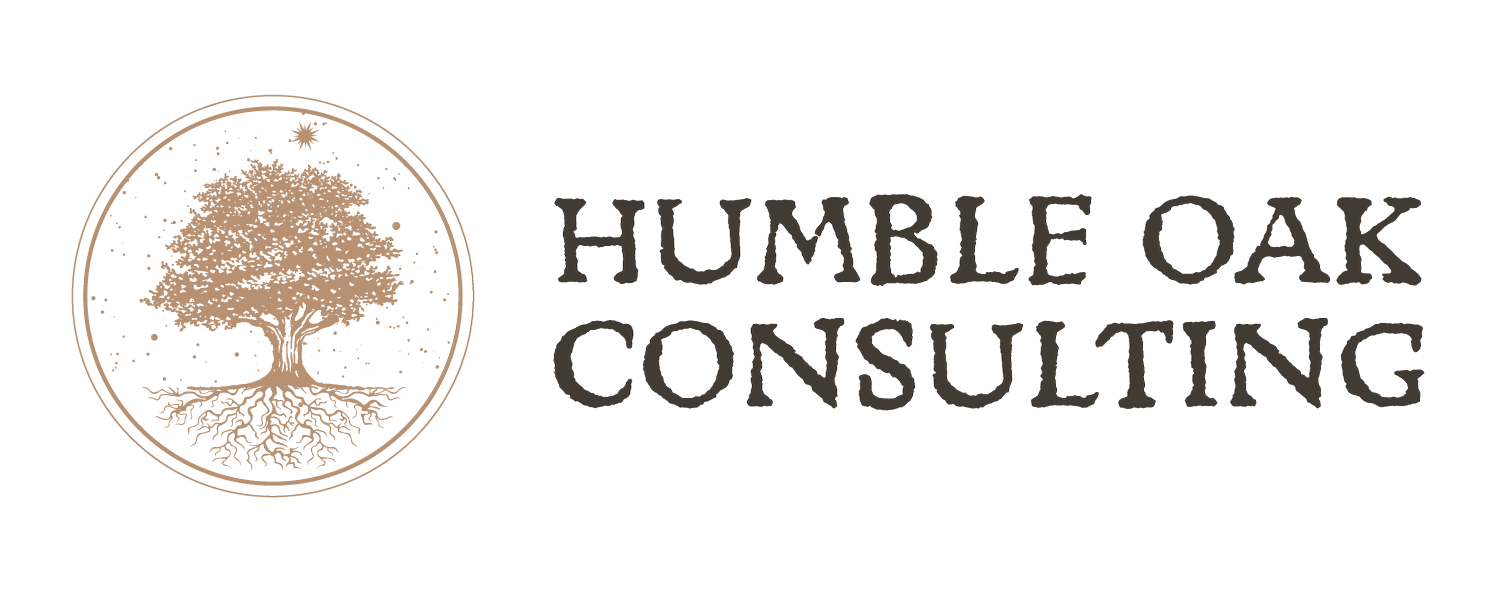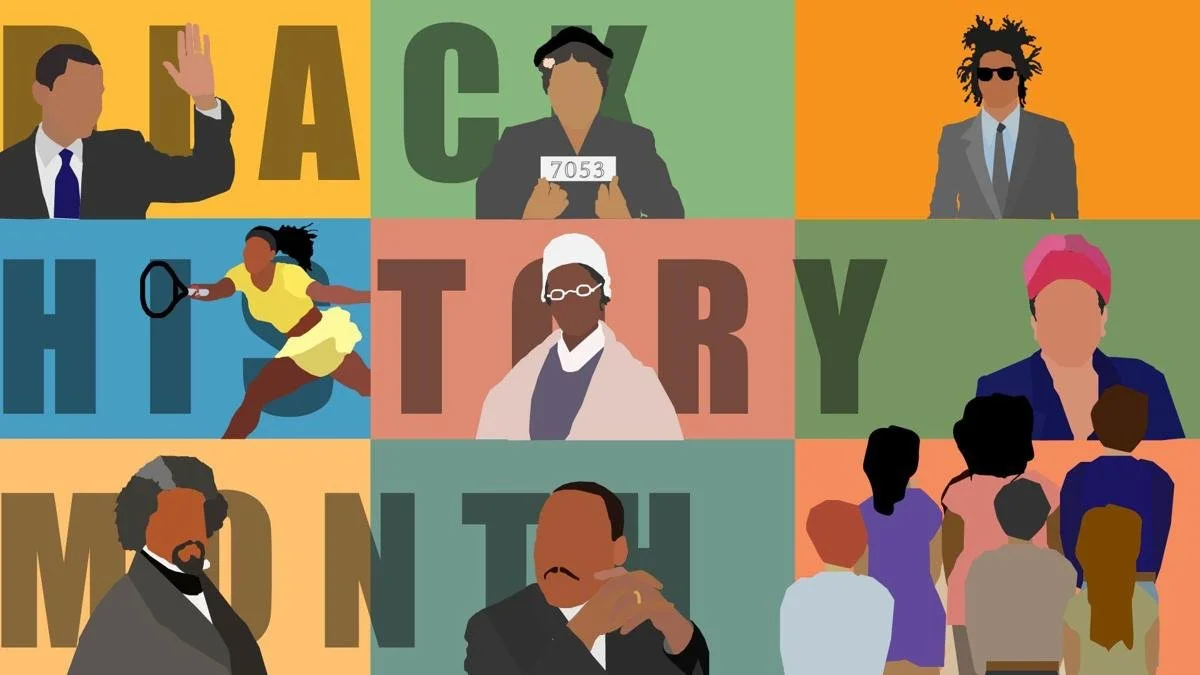CELEBRATING BLACK HISTORY
Image Credit: blackenterprise.com
It’s a week into Black History Month, and I haven’t figured out exactly what it is I want to write about on this topic. Even though I’ve been working as a diversity and inclusion consultant for the past year and a half, and talking about these issues in my work since I first started as a teacher through Teach For America in 2010, I hesitate to put my thoughts out there on the internet because I am 100% sure my ideas are not perfect. I worry that I may offend, express my ignorance, and lose credibility.
Sound familiar? It turns out that more than half the people I’ve met in DEI training sessions and many leadership teams at organizations hesitate to engage in these conversations because of the concern that they’ll say something wrong. Of course, being thoughtful of the impact of our words on others IS crucial. And we want to be genuine in our dialogue, rather than celebrate in ways that may be considered perfunctory and performative. There’s a lot to consider before we open our mouths or hit “publish” on something we want to share.
Perhaps, in honor of Black History month, we who hope to be allies could spend some time in our uncertainty. Perhaps we can notice and accept our incomplete knowledge, our imperfectly formed ideas. Perhaps we can approach with questions, rather than statements.
What I know from my time as an educator is that learners can’t move to higher order thinking skills like application, synthesis and creation until we’ve formed a strong foundation of knowledge and understanding.
So, the first question I would ask myself, is “How much do I know about Black history?” Oftentimes I remember things better when I relate to them. Maybe I’d rewrite those questions to be, “How much do I know about Black history in my state?” “How much do I know about Black history in my profession?” “How much do I know about Black history in a sport I love?” These might be better questions because I’ll connect with their answers on a personal level.
From a baseline of knowledge, we can build towards understanding. We can talk about our discoveries with friends and neighbors. DoSomething.Org writes, “One of the most powerful ways for white people to disrupt racism is to engage in brave conversations with the people closest to you.” Their Guide to Conversation is a great place to start. Some of the questions I’ll be asking myself over the next weeks are:
How much do I know about Black history?
How can I be both active and humble in my learning journey?
How can I use what I learn to be of service?

